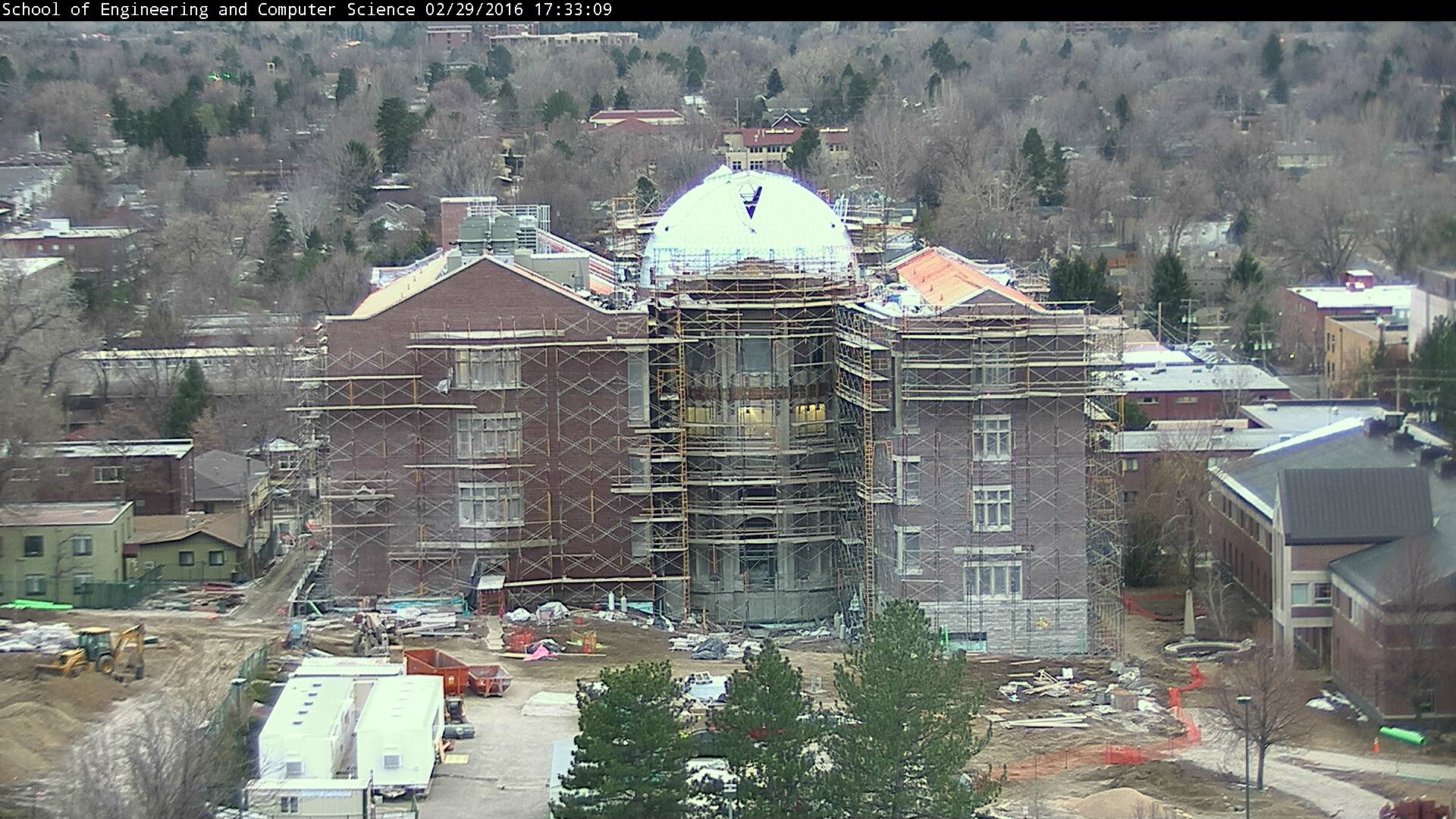The south end of campus has seen a great deal of activity over the past two years since construction began for the new Daniel Felix Ritchie School of Engineering and Computer Science in May of 2014. Though this building has been an expensive and lengthy project, its presence and purpose is a positive move that can only serve to aid both students and the university itself through interdisciplinary advantages and furthering the groundbreaking work already being done.
DU is known as a college focused in liberal arts for the extensive range of majors within art, humanities and social science programs, not to mention the notable business school. However, options under the engineering and computer science programs are limited. While DU boasts its success as one of the nation’s top 100 universities and its ranking as fourth in the U.S. for percentage of students studying abroad, giving attention to expanding its academic fields of study should be a constant concern and progressive mission.
The new building is part of DU’s Science, Technology, Engineering and Mathematics (STEM) Initiative as an effort to expand the university’s existing STEM programs in response to shifting interests of college students and political encouragement for science-focused majors.
Currently, student enrollment in programs including electrical engineering, mechanical engineering and computer engineering are rather low compared to the large amount of students in programs such as English or communication studies. The program with the most involvement is mechanical engineering with a total of about 190 undergraduate students. These programs are already doing groundbreaking work, such as studying muscles and bones in the Human Dynamics Lab. Though it may be difficult for DU to compete with fully established and focused engineering programs at nearby universities, such as Colorado School of Mines or University of Colorado Boulder, the STEM initiative is an important first step in moving DU’s academic programs forward.
One important advantage that DU has is the interdisciplinary knowledge that students can gain extending out of the STEM programs. For students who want to pursue a STEM major, but don’t necessarily want to be limited to strictly science classes, DU is a prime option because of the strong liberal arts programs that can be paired with their STEM focus.
Ultimately, expanding STEM programs by giving them space and support can only positively impact students in their education, as well as the university in advertising to prospective students.











